A water chiller is a refrigeration system that uses water as a refrigerant for the removal of heat to control for cooling a process or equipment. In the completion of products or production operations, it is necessary to remove heat to maintain the quality of a product or avoid damage to equipment. Water chillers efficiently remove heat from equipment and use a heat exchanger to transfer the heat into the air. Read More…
Our customers know they can trust us for the ultimate in quality, affordability, and flexibility. If you want a fully customized solution for your chillers, we can help! We work hard to create the best solution for each of our customers, because we know that if you are not happy, we are not happy! You can learn more about our services by visiting our website or giving us a call today!
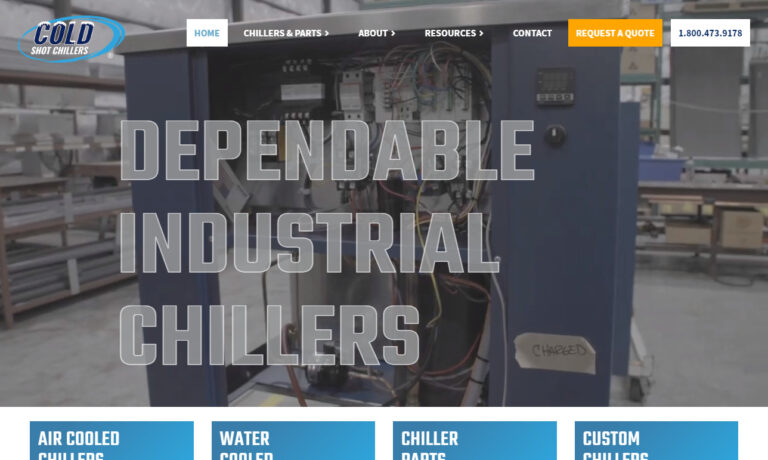
Dimplex Thermal Solutions, based in Kalamazoo, Mich., and home of Koolant Koolers, has been manufacturing water, air, and glycol chillers since 1952. Since that time Dimplex has expanded it’s product offering to include industrial cooling for: Machine Tooling, Food Processing and Packaging, Medical Diagnostic Imaging, Laser Cutting, Manufacturing Processes and more. Dimplex is known for their...
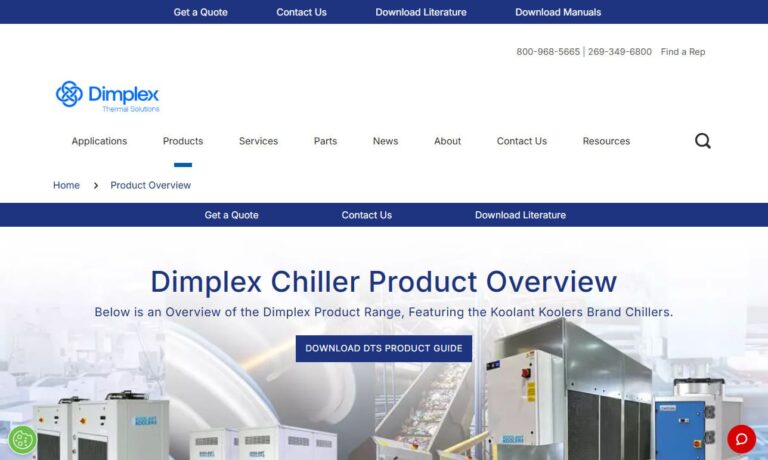
At Tark Thermal Solutions, we position ourselves as a dedicated partner in advanced cooling technology, delivering liquid chillers that support precise temperature control across demanding applications. We design and build our systems with a focus on reliability, thermal stability, and energy efficiency, tailoring each unit so it performs consistently in environments where process accuracy...
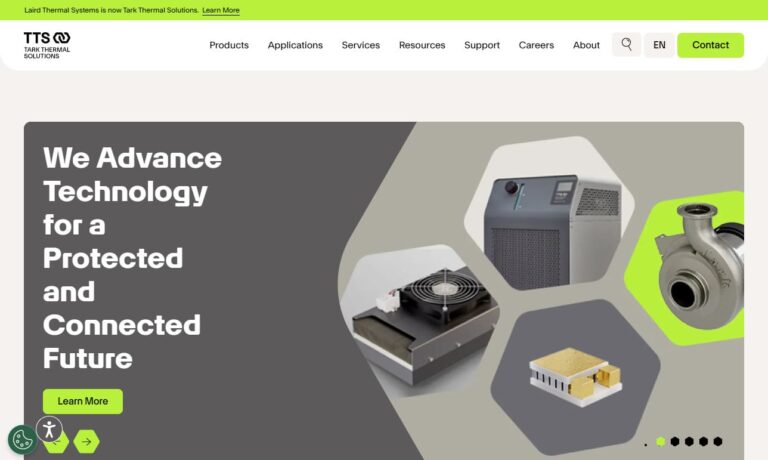
We are ChillX Chillers, and we take pride in engineering and manufacturing reliable, high-performance chillers designed to meet the cooling needs of businesses across a wide range of industries. Our focus has always been on combining innovation, energy efficiency, and durability, which is why our chillers are trusted for everything from process cooling and manufacturing applications to...
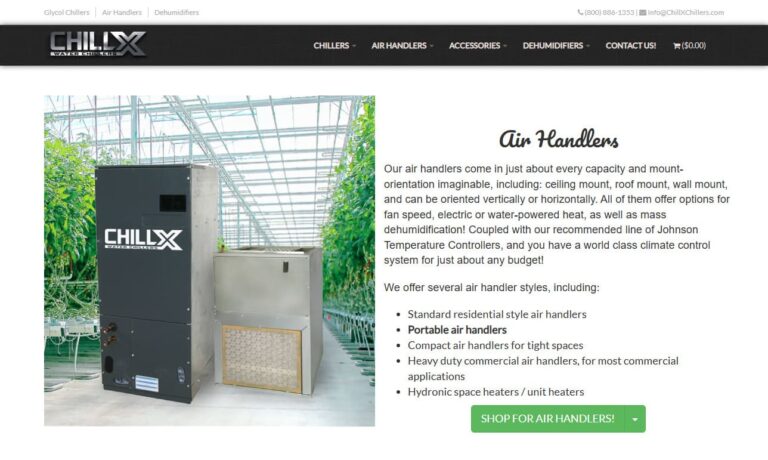
More Water Chiller Manufacturers
A key factor for a water chiller is the pumping system that circulates the cooled water or a glycol and water solution. Circulating water removes heat and carries it back to the chiller for treatment. During the process, heat is transferred from the heated water to the chiller in a continuous cycle.
The cooling process provided by a water chiller is an important part of injection molding, tool and die cutting, food and beverage processing, chemical industry processes, lasers, and machine tooling. Heat is a common byproduct of industrial processes that needs to be removed for the protection of a process or to maintain efficiency. Water chillers provide consistent temperature and pressure to ensure the safety and effectiveness of equipment and avoid equipment failure.
How a Water Chiller Works
The four main components of a water chiller are the evaporator, expansion valve, condenser, and compressor. During the chilling process, water constantly cycles through these four elements where it absorbs heat and releases it. A key to the process is refrigerant, which changes from a liquid to a gas as it passes through the four parts of the water chiller unit.
Compressor
The function of the compressor is to create a pressure difference that moves the refrigerant through the system. Compressors come in various shapes and sizes and include centrifugal, screw, scroll, and reciprocating. Regardless of the variations of compressors, all types are designed to perform the same function.
The compressor is located between the condenser and evaporator and is attached to an electric motor that provides power. The motor of a compressor may be installed internally or externally depending on the design of a water chiller.
Condenser
The condenser removes the absorbed heat from the refrigerant that it picked up in the evaporator. With water type condensers, the water is cycled continuously between the cooling tower, where the heat is released, and the condenser. The refrigerant is contained in a set of pipes against which the water that collects the heat passes.
Expansion Valve
The expansion valve receives the refrigerant that is under high pressure from the condenser. The pressure of the refrigerant has to be lowered before it can move on to the evaporator, which is the job of the expansion valve. As the refrigerant passes through the expansion valve, its pressure lowers to a point such that it can be vaporized in the evaporator. The expansion valve controls the flow of refrigerant according to the load on the evaporator.
There are several types of expansion valves that include capillary tubes, thermostatic, low side float valves, and constant pressure ones.
Evaporator
The evaporator collects the heat that it receives from the water that has cooled the process and moves it into the refrigerant such that it can be removed through the cooling tower. The water cools as heat is extracted by the refrigerant and is pumped back to the process to continue the cooling cycle.
Power Unit
The power unit supplies power to a water chiller. It can be mounted on the chiller or on a wall near the chiller. The power unit controls the flow of power to the chiller and has a starter, circuit breaker, speed controller, and monitoring device.
Control Unit
The control unit monitors the performance of the chiller and makes it possible to adjust various aspects of the chiller process. It has an alarm system that shuts down the system when there are errors or problems during operation. Modern water chillers have a building management system (BMS) that makes it possible to send data to the control unit in regard to temperature, pressure, and on and off status.
An essential part of the performance of a water chiller control unit is to gather data and critical information from all aspects of the chiller system. The data is centralized and examined for trends and helps in making decisions regarding chiller operation.
Benefits of a Water Chiller
Chillers are an essential part of industrial operations and are used to remove heat to create cold conditions for processes and equipment. The most common types of chillers are air cooled and water cooled where an air cooled chiller removes heat using fans while a water cooled chiller uses water. Both types have their benefits that need to be considered when making the decision to purchase.
The benefits of a water chillers are:
Long Working Life
Water chillers are housed inside a building away from the elements, a factor that gives them a long working life. The fact that water chillers remain inside further enhances their use since they can be used by companies that do not have access to outdoor space.
Quiet
Water chillers work quieter than air chillers due to the fact they do not have the ducts and vents that air chillers do. The flow of water does not create the expansion and contraction noise that air does, which is important for the use of chillers in hospitals and schools.
Efficiency
With industrial operations and applications, efficiency is important since it guarantees the quality of a product and cost savings. The process that water chillers use to transfer and remove heat is efficient and energy saving. Water is continuously used and recycled removing the need for depending on the city water supply.
Equipment Protection
Water chillers are designed to protect valuable equipment, which cuts down on repairs and maintenance. They operate year round, regardless of the weather, and are dependable in all kinds of environments. Water chillers eliminate heat from spot welders, injection molding, and laser cutting processes. They can be used with any application that requires the limitation and removal of heat.
Choosing the Proper Water Chillers Manufacturer
To make sure you have the most productive outcome when purchasing water chillers from a water chiller manufacturer, it is important to compare at least 4 to 5 manufacturers using our water chiller directory. Each water chiller manufacturer has a business profile page that highlights their areas of experience and capabilities and a contact form to directly communicate with the manufacturer for more information. Review each water chiller business website using our patented website previewer to get an idea of what each business specializes in, and then use our simple RFQ form to contact multiple water chiller businesses with the same quote.


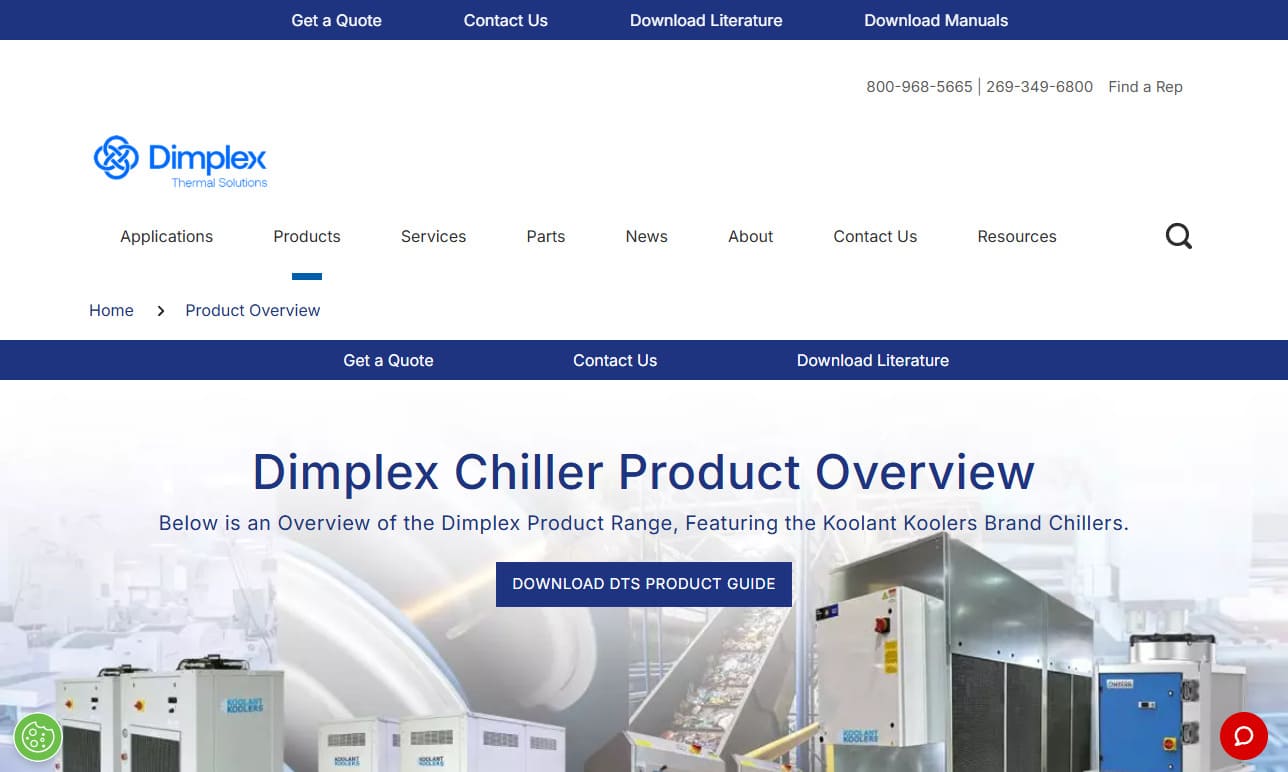
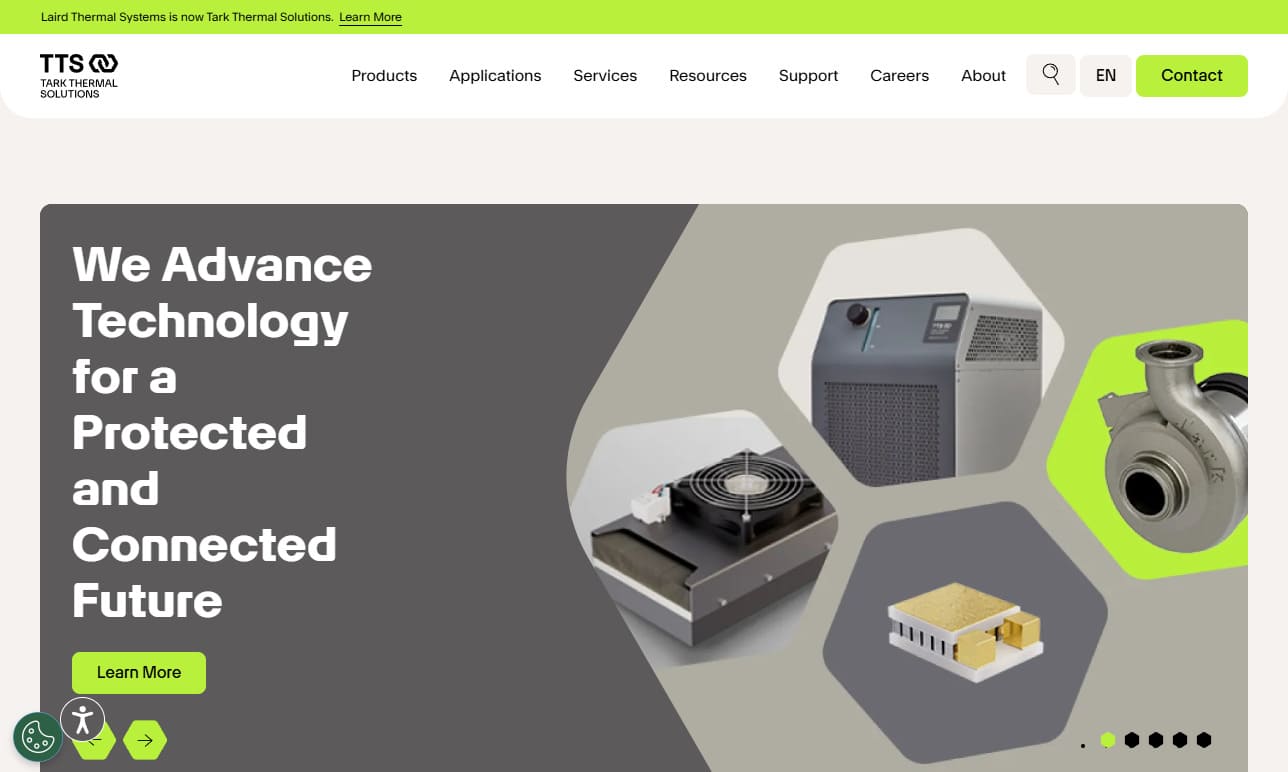
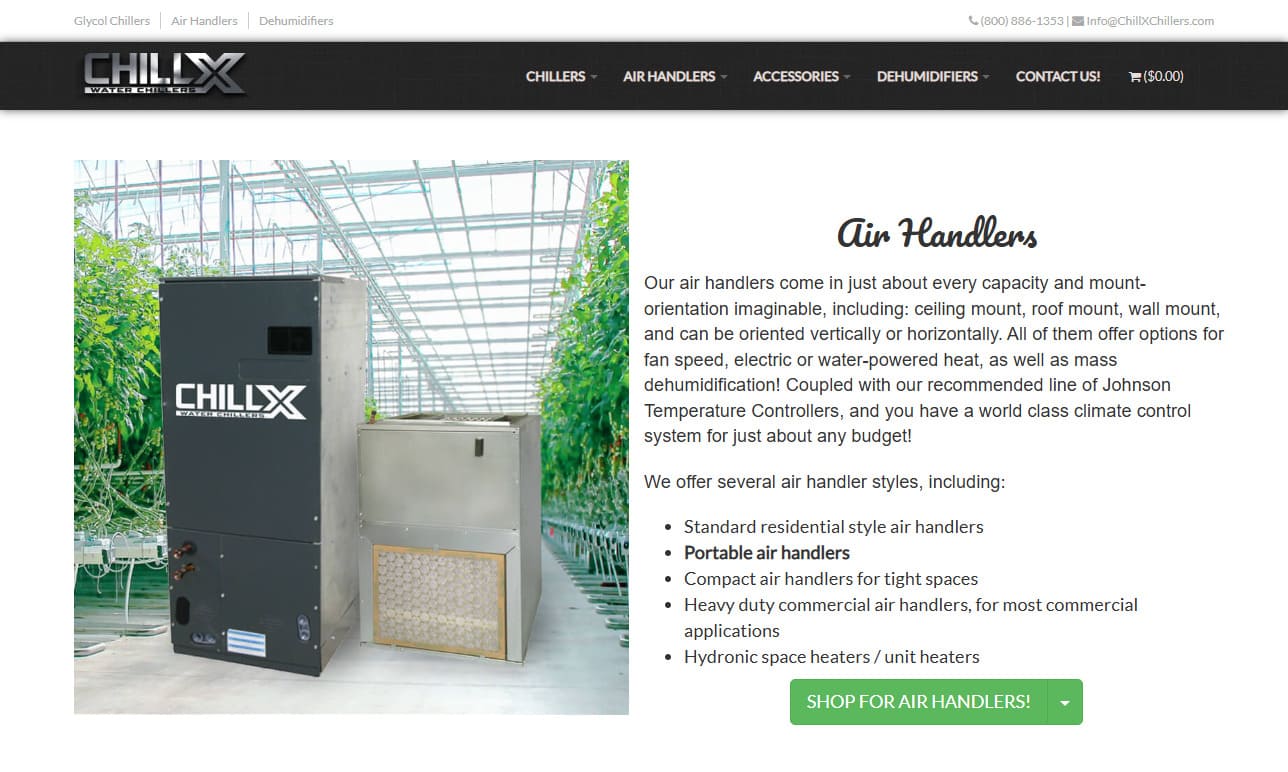
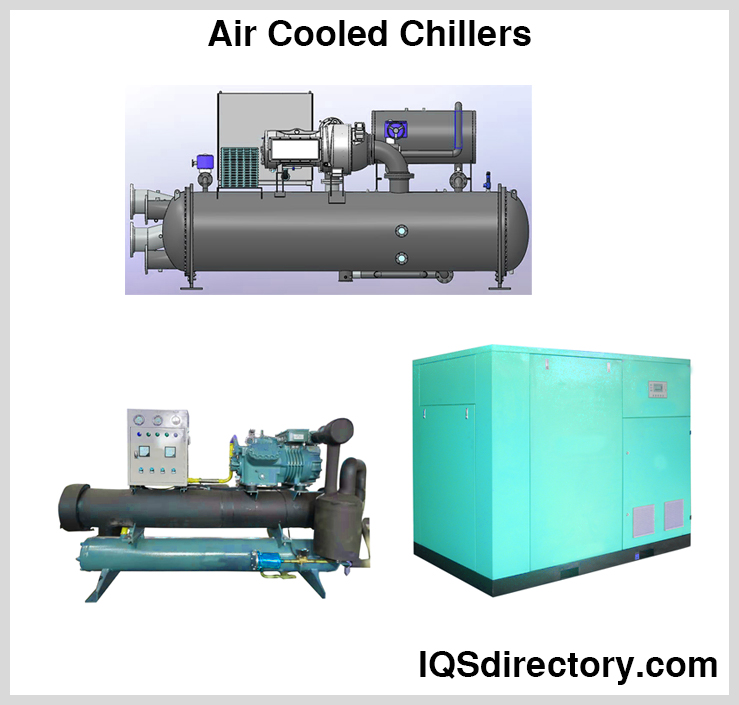
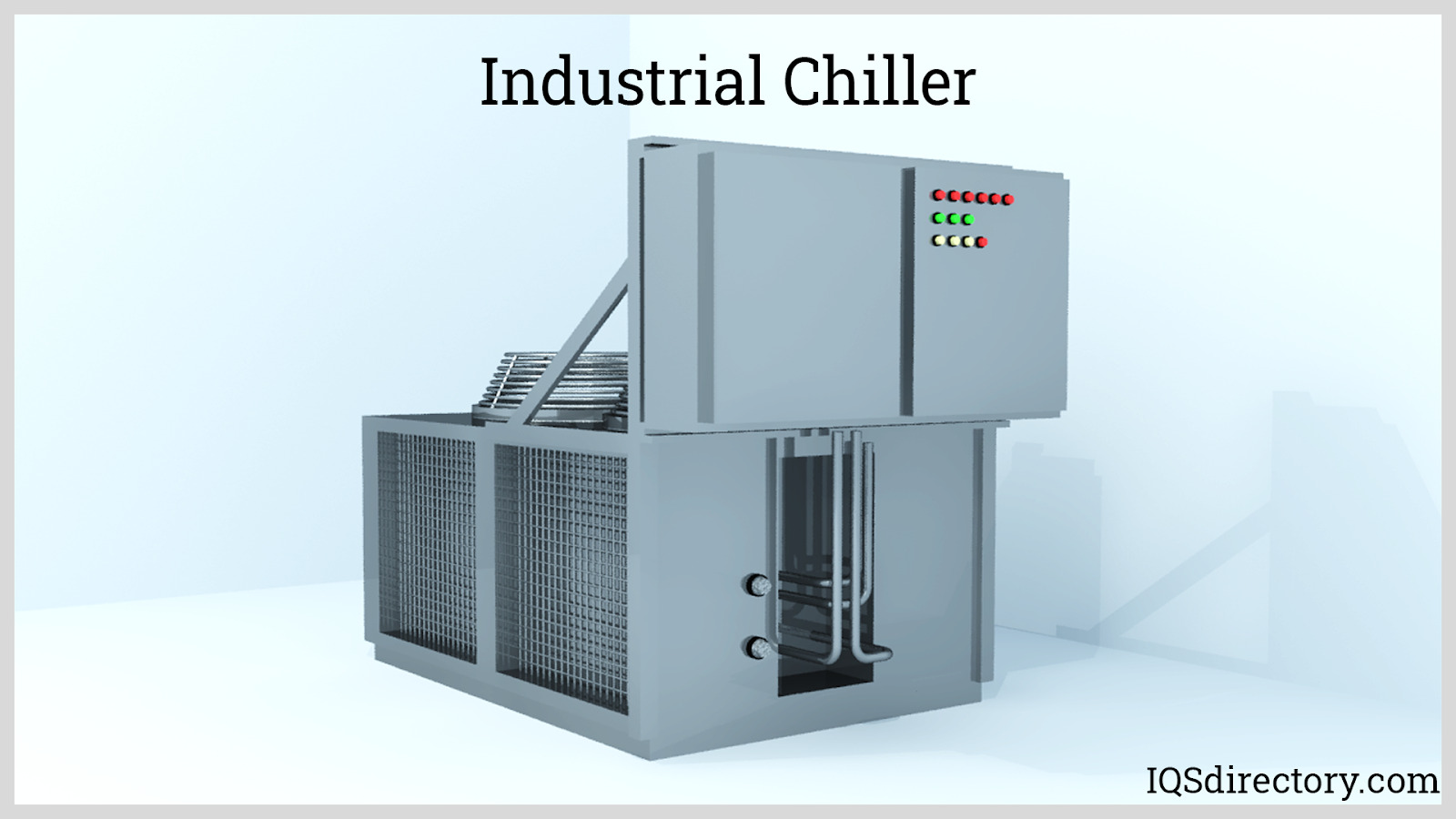
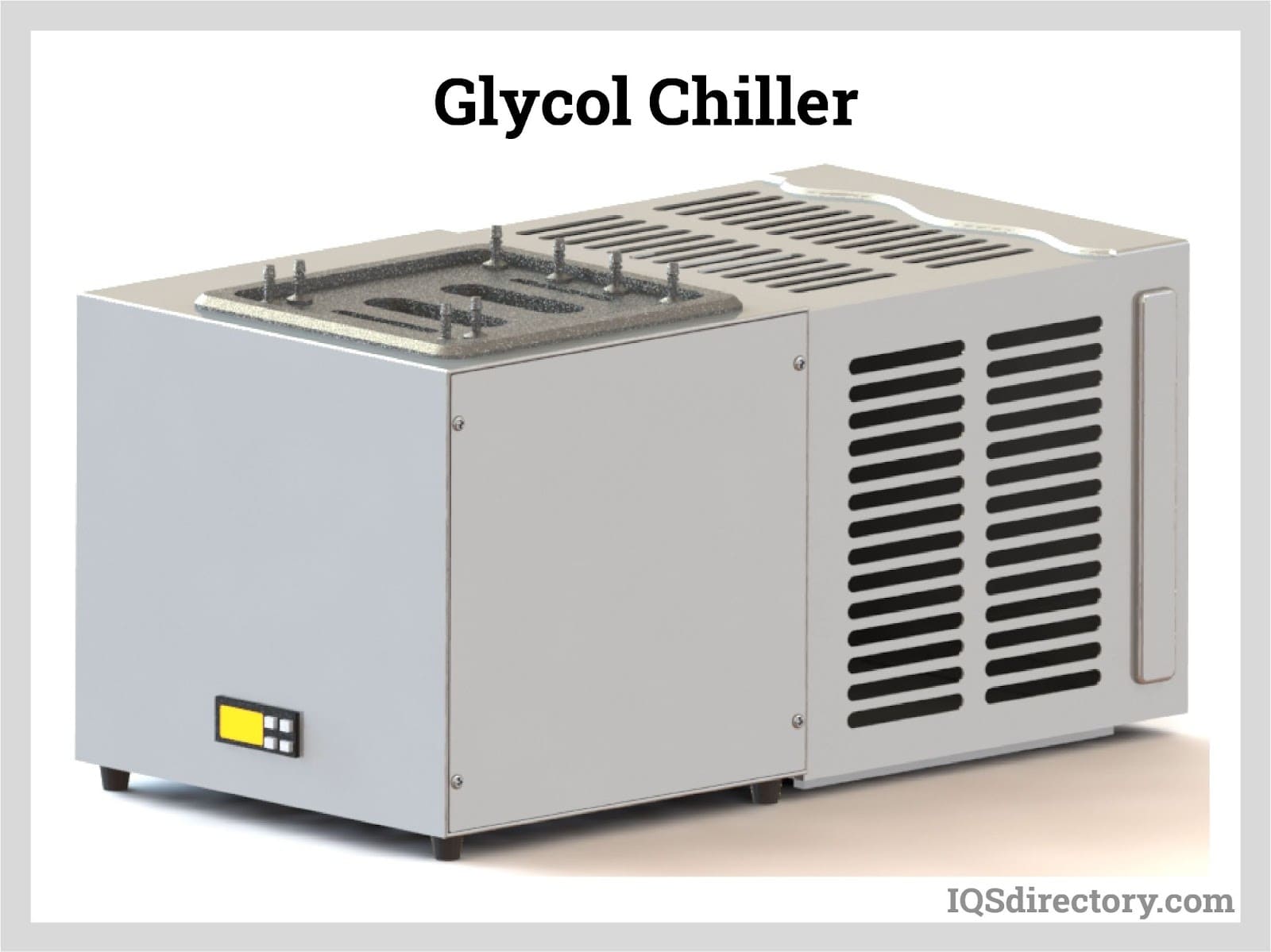
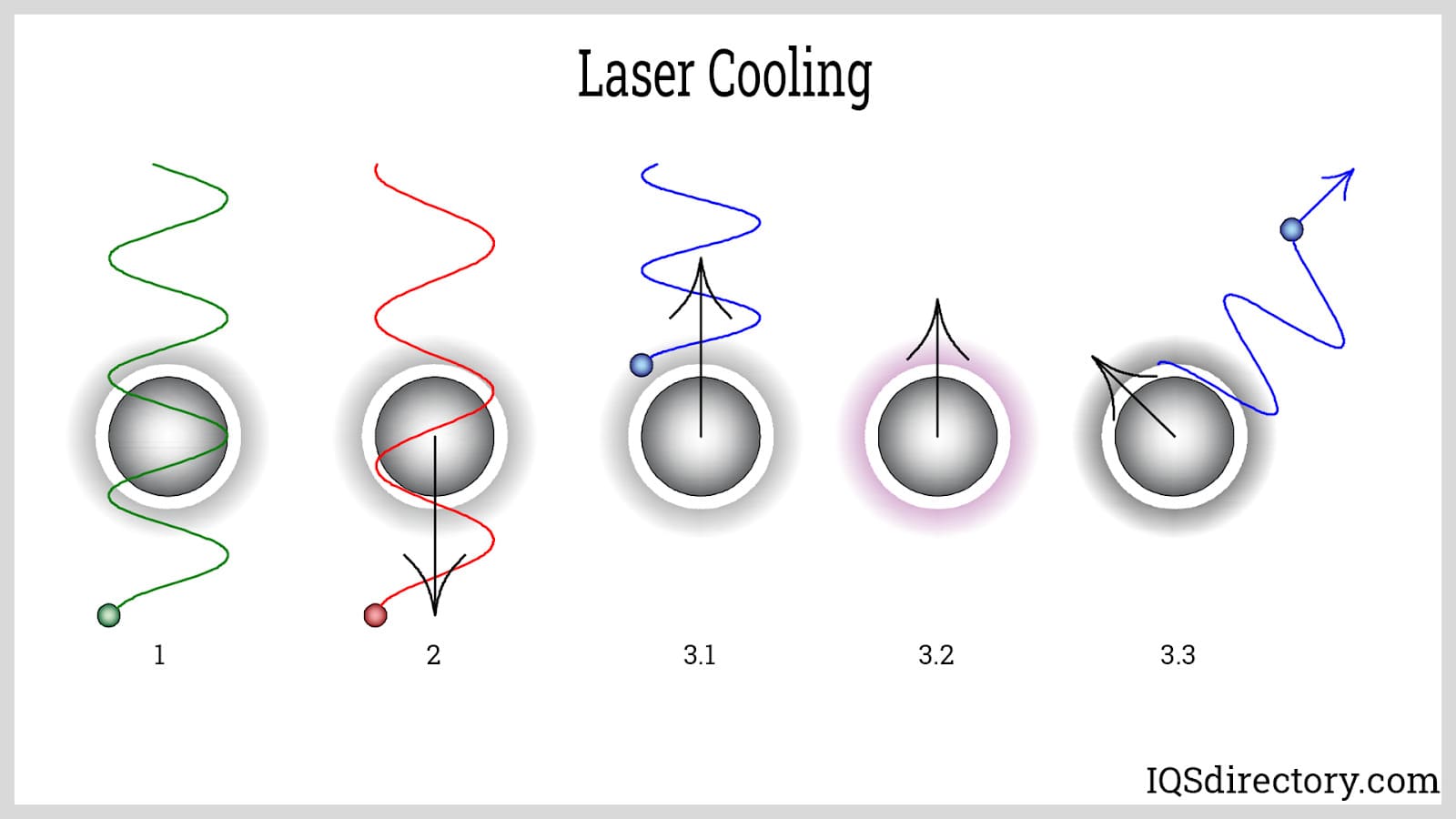
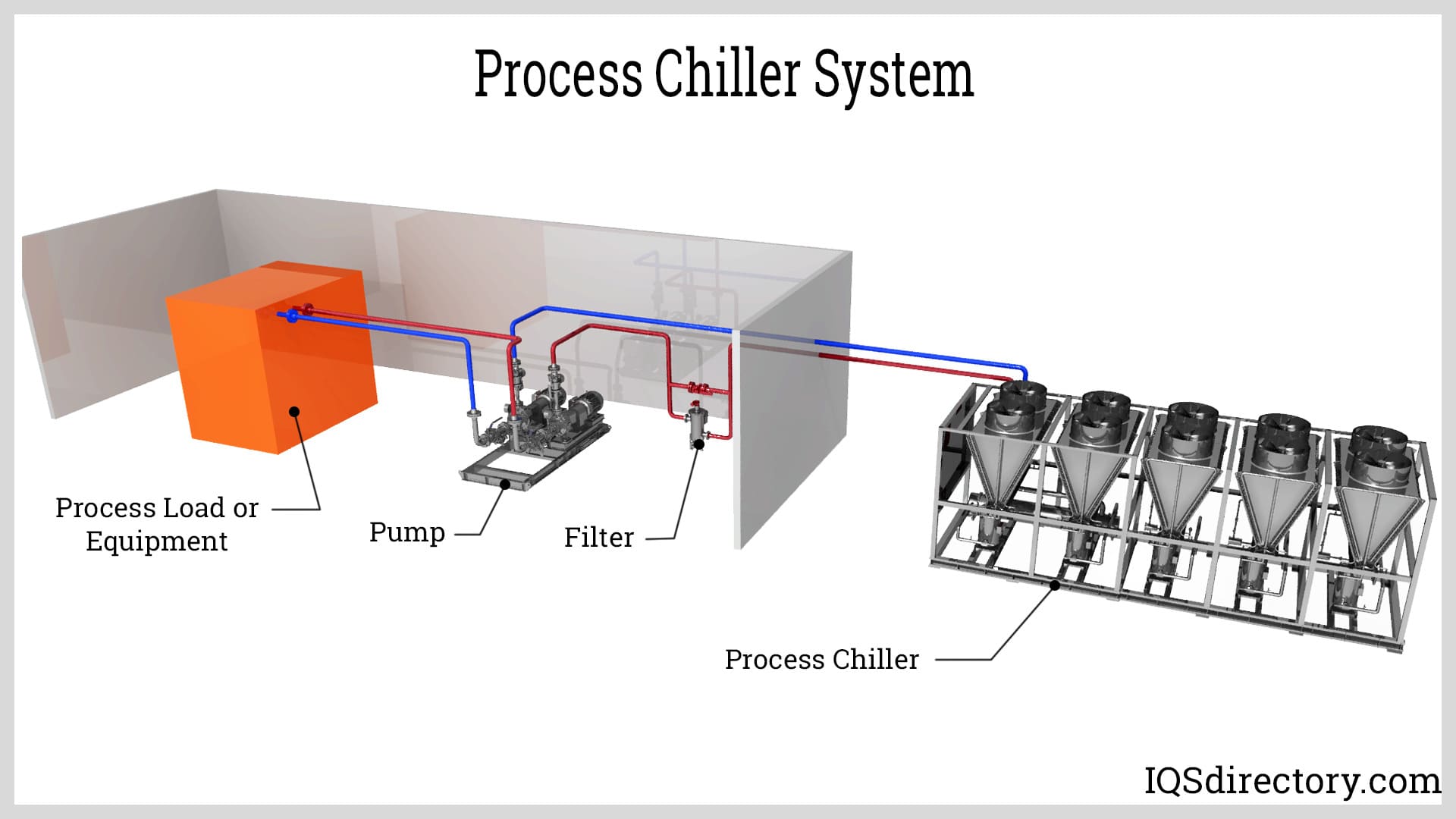
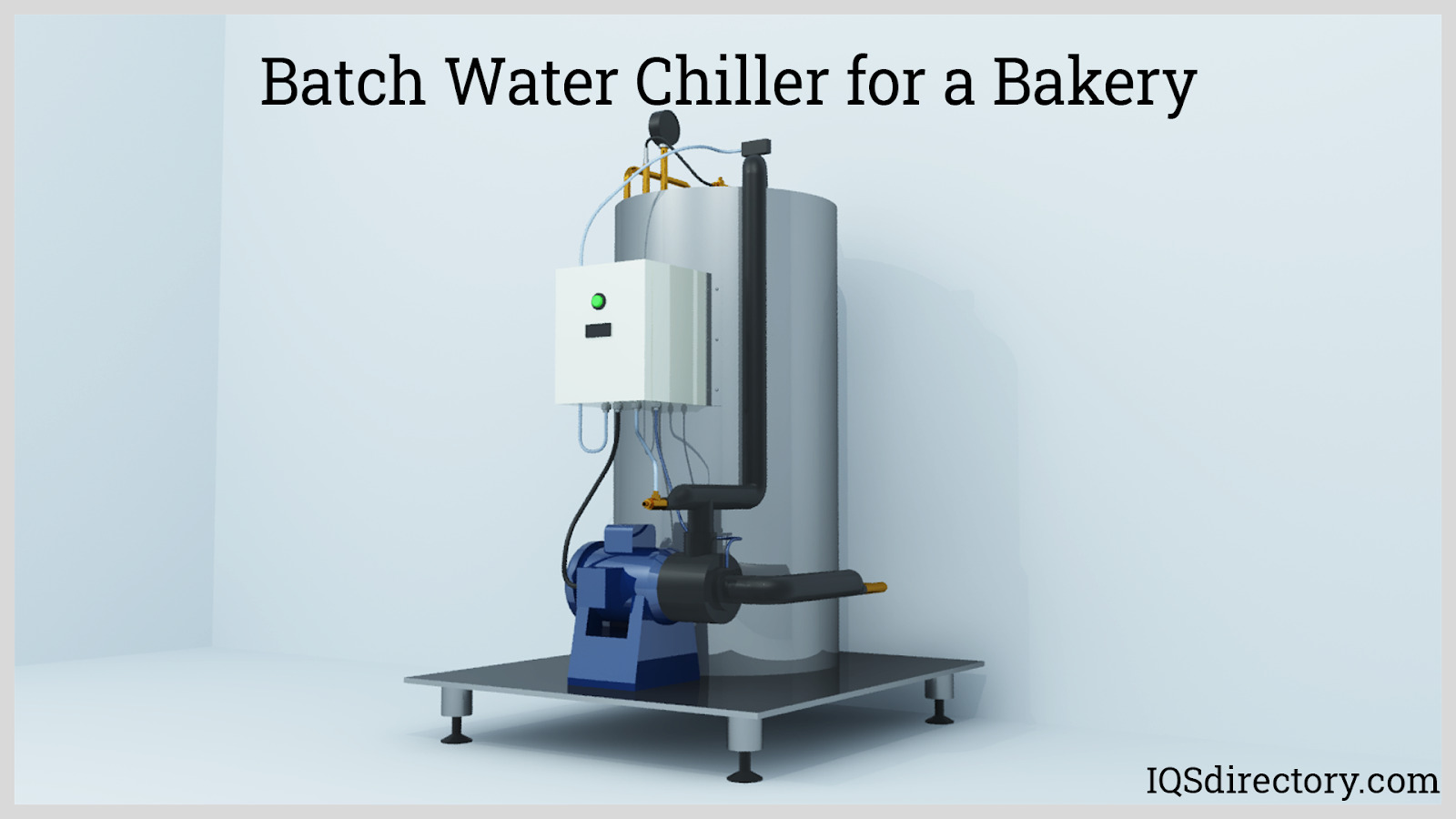
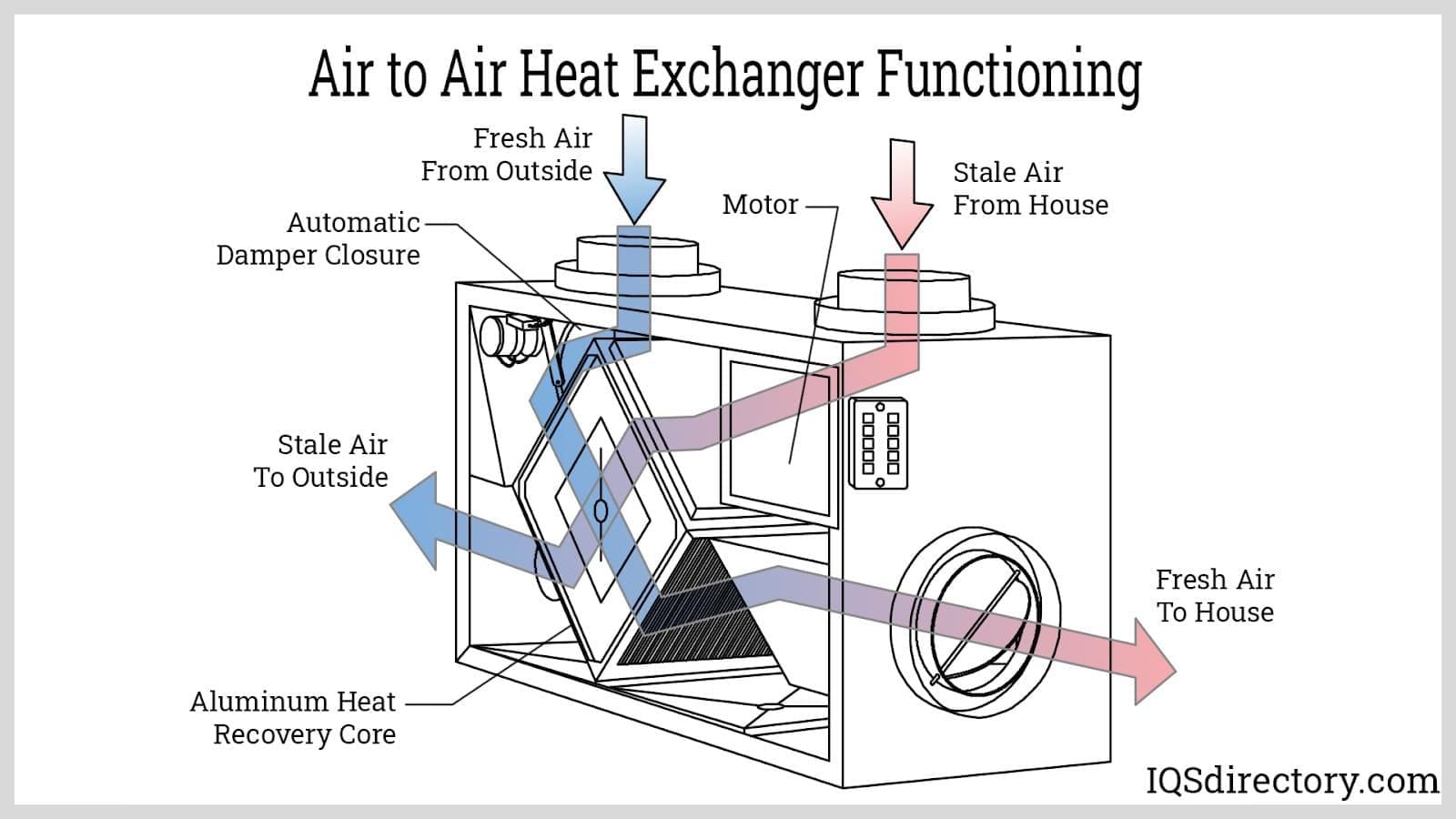
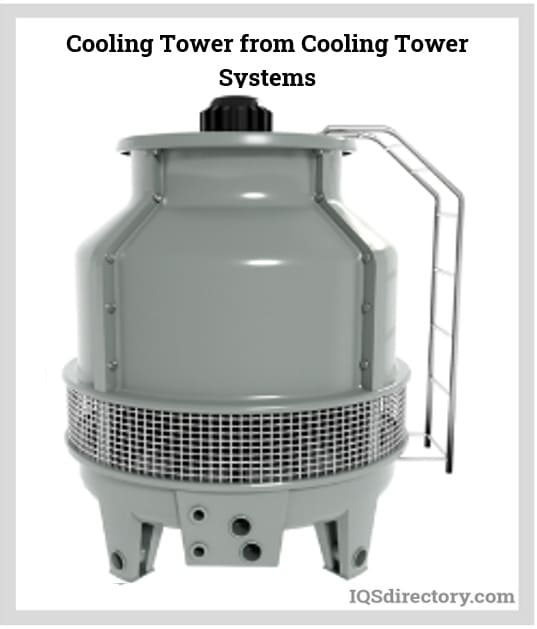
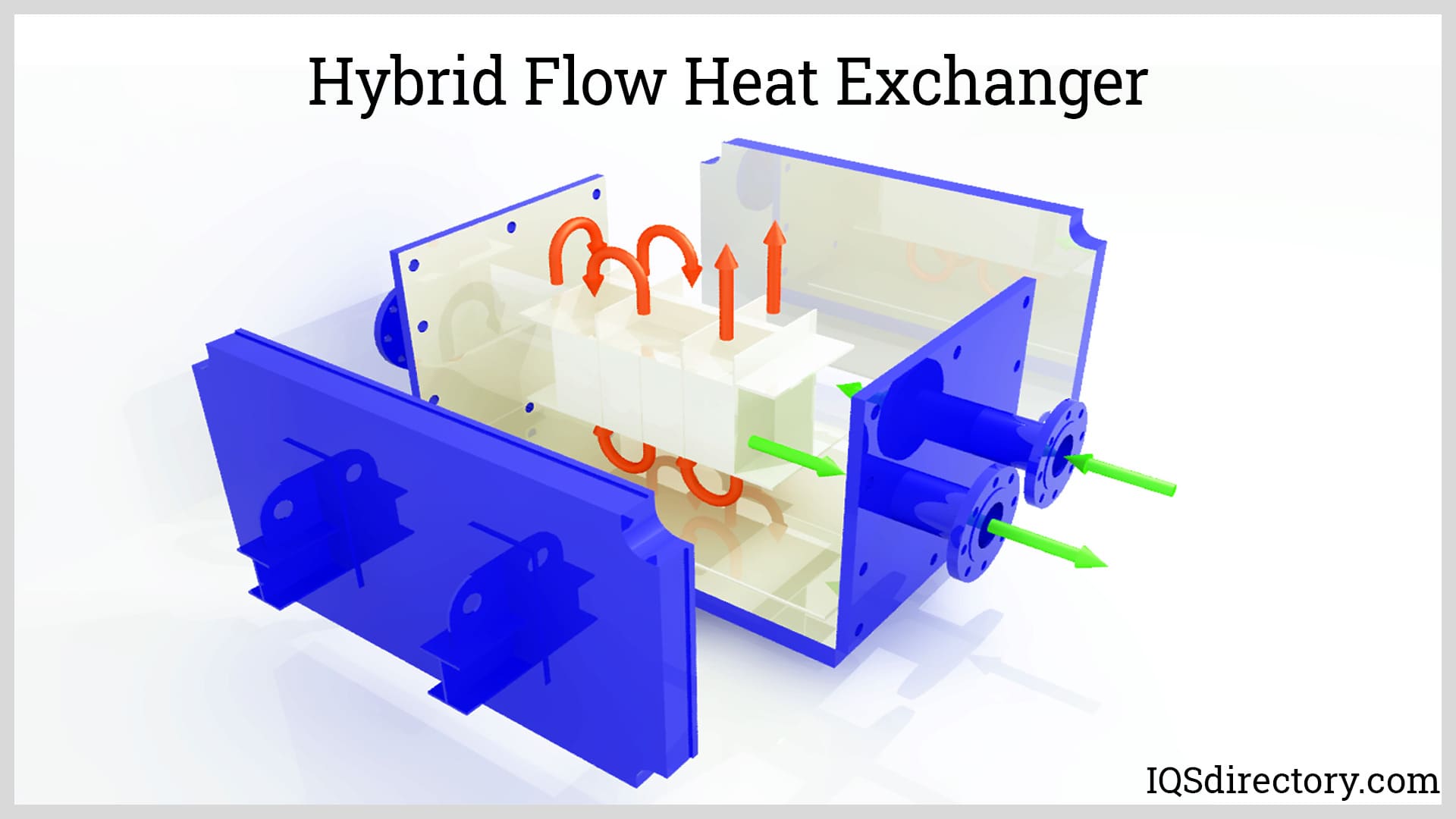
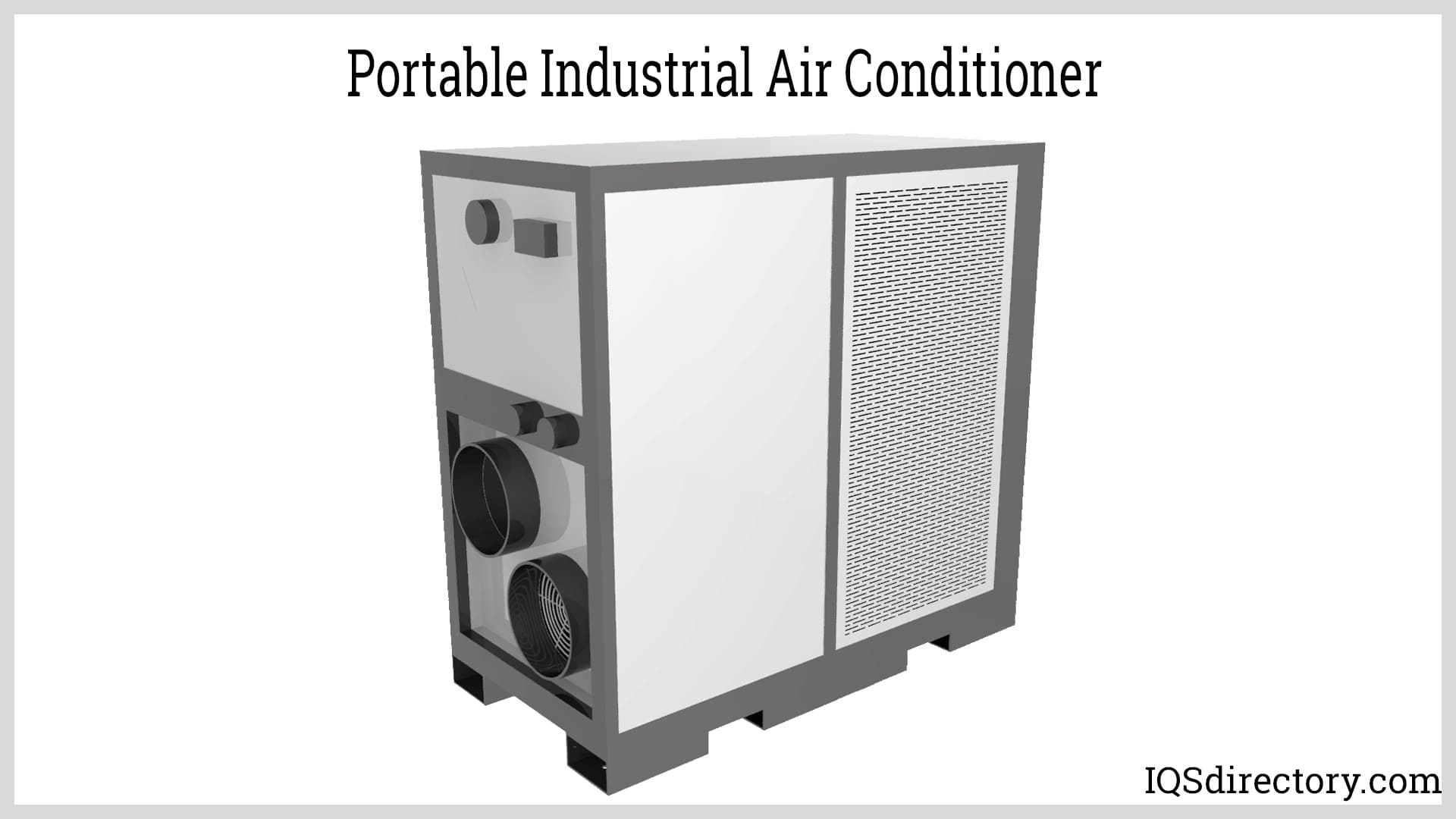
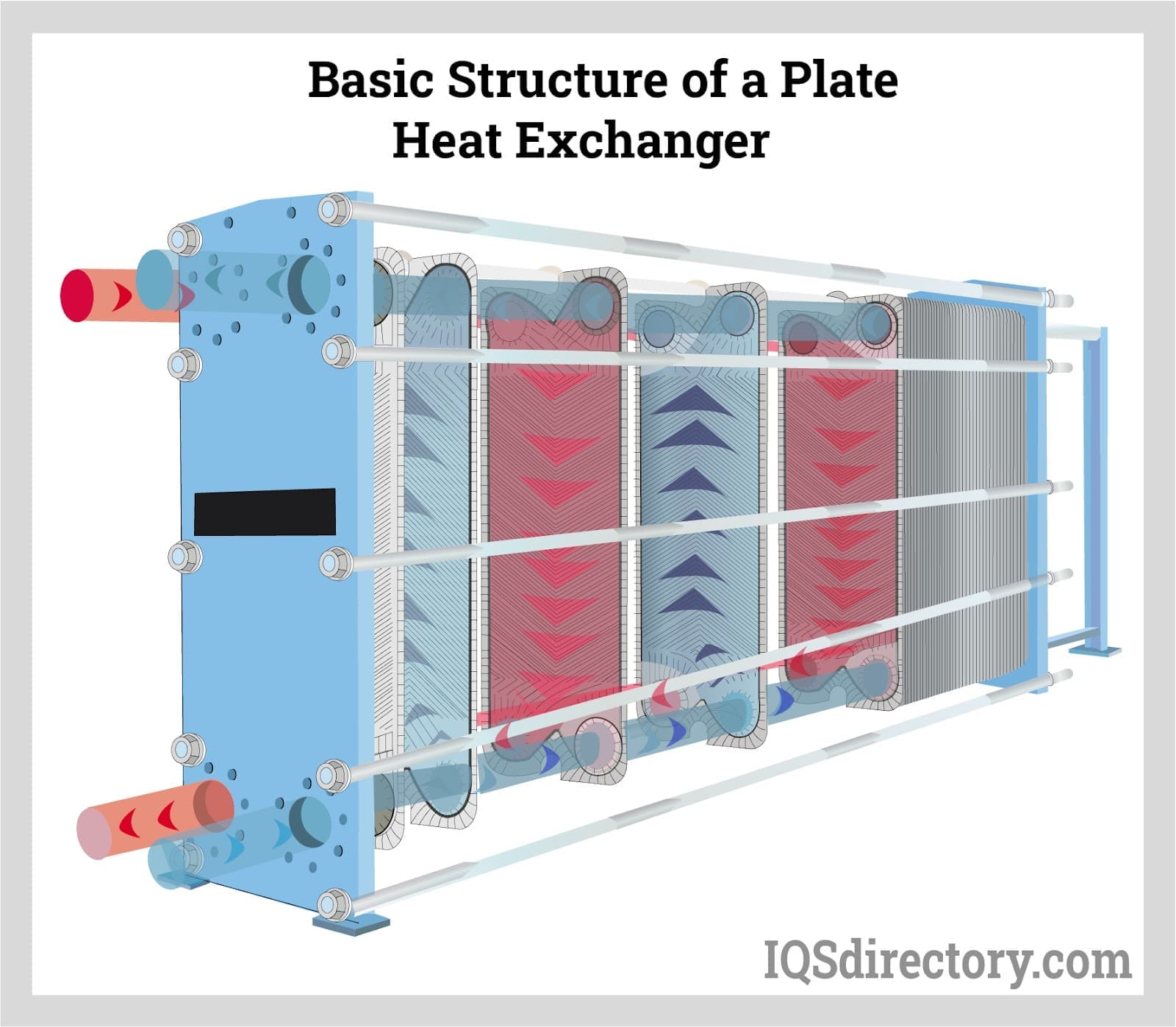
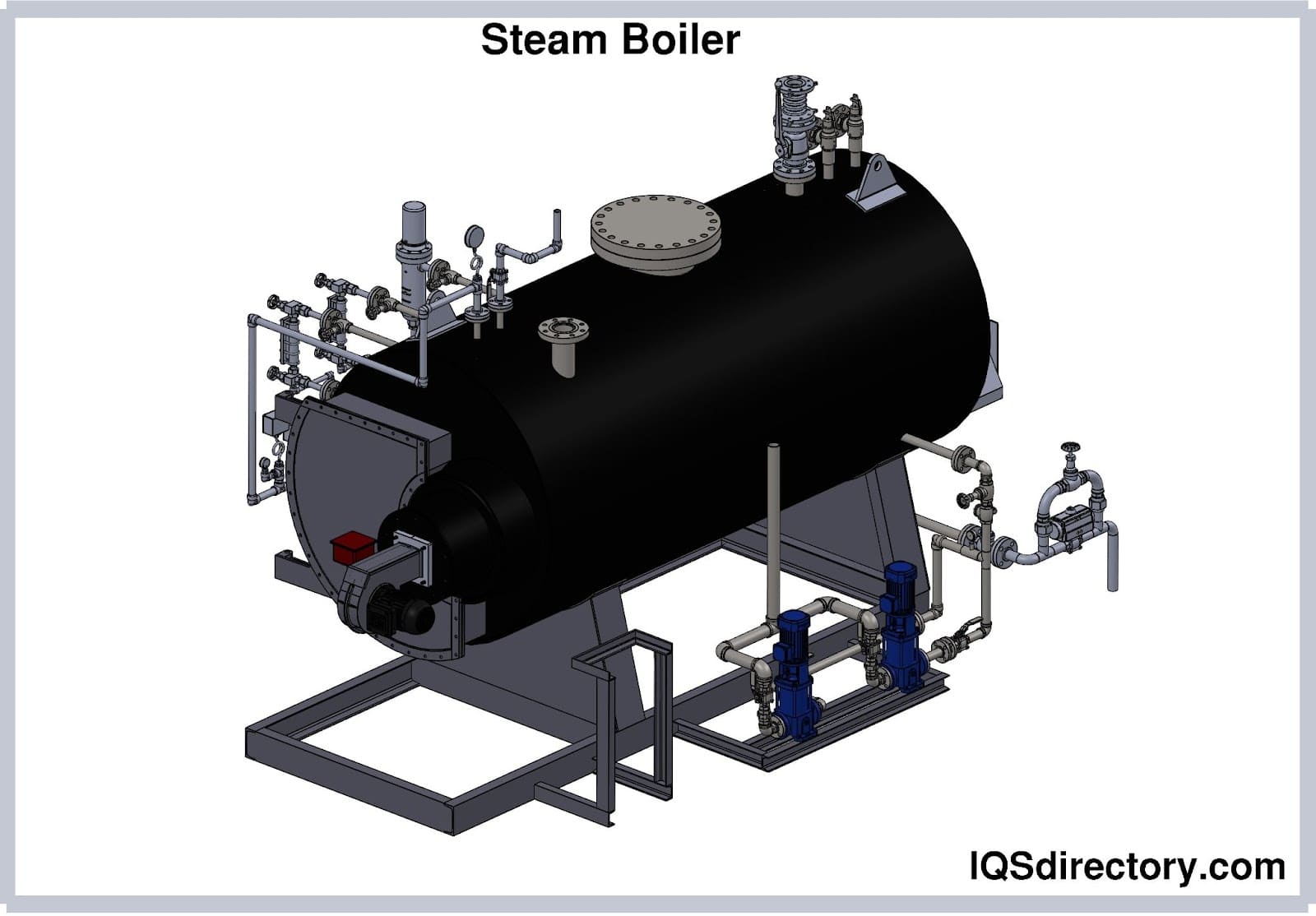
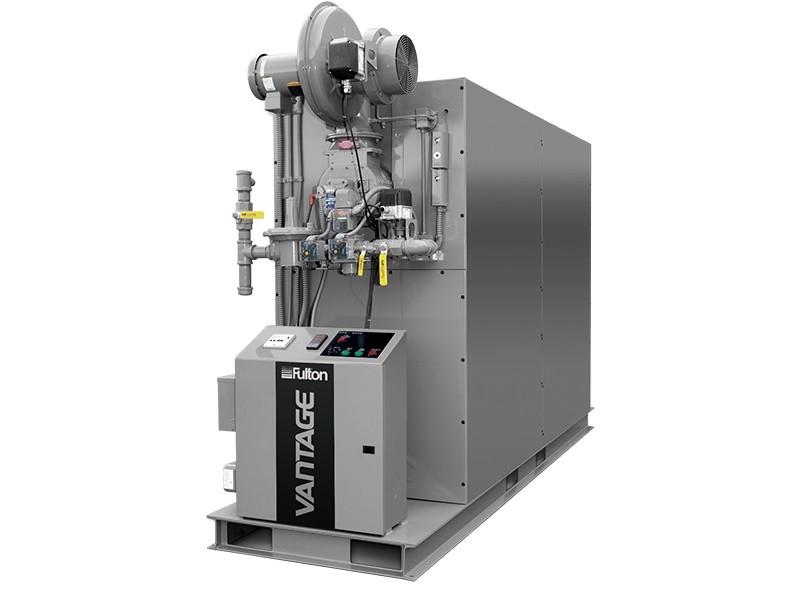 Boilers
Boilers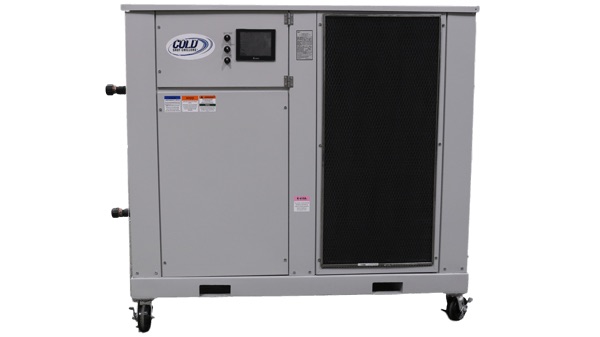 Chillers
Chillers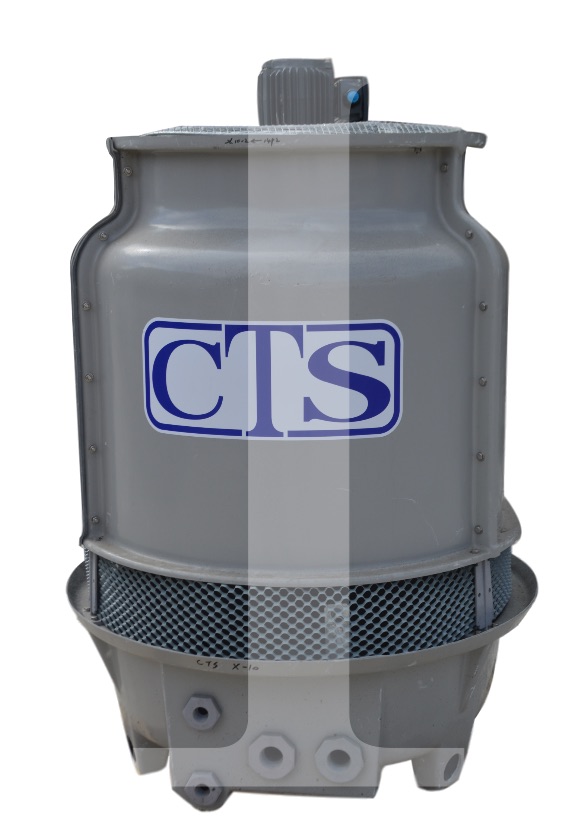 Cooling Towers
Cooling Towers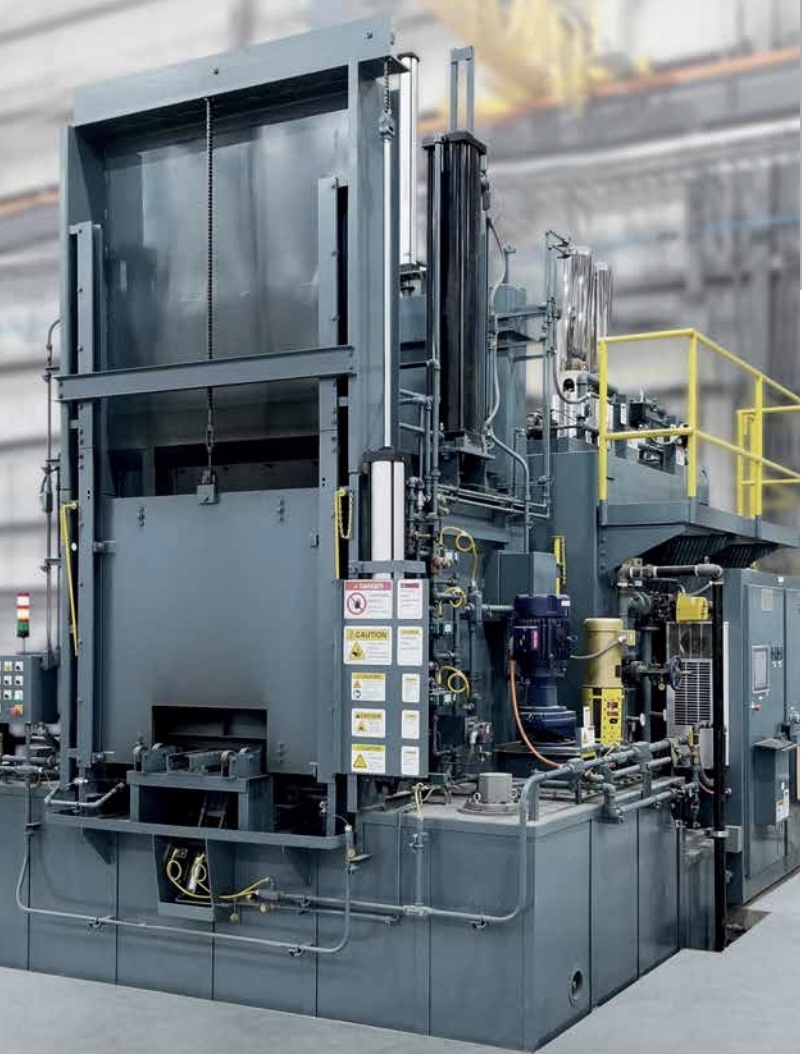 Furnaces
Furnaces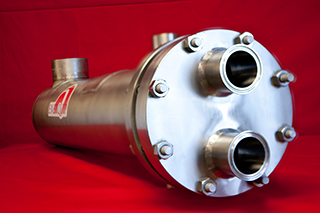 Heat Exchangers
Heat Exchangers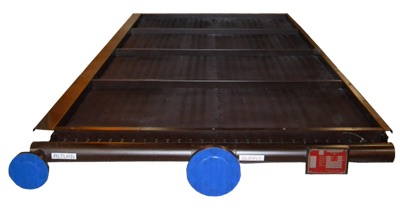 Heat Transfer Equipment
Heat Transfer Equipment Castings & Forgings
Castings & Forgings Bulk Material Handling
Bulk Material Handling Electrical & Electronic Components
Electrical & Electronic Components Flow Instrumentation
Flow Instrumentation Hardware
Hardware Material Handling Equipment
Material Handling Equipment Metal Cutting Services
Metal Cutting Services Metal Forming Services
Metal Forming Services Metal Suppliers
Metal Suppliers Motion Control Products
Motion Control Products Plant & Facility Equipment
Plant & Facility Equipment Plant & Facility Supplies
Plant & Facility Supplies Plastic Molding Processes
Plastic Molding Processes Pumps & Valves
Pumps & Valves Recycling Equipment
Recycling Equipment Rubber Products & Services
Rubber Products & Services